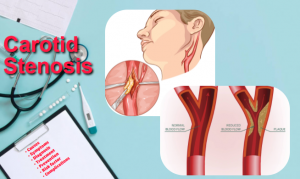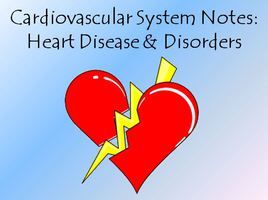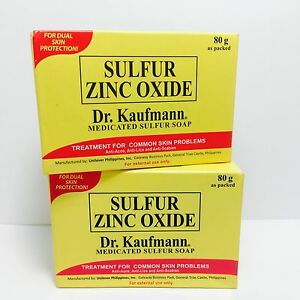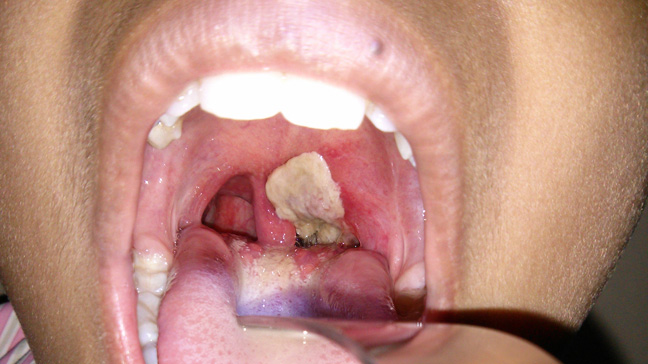How to Cure Swollen Gums Naturally
There are several ways to treat swollen gums naturally. Applying a turmeric gel on your gums is one of these methods. While it may sound strange, this remedy has several benefits. It contains curcumin, a compound that has anti-inflammatory and antioxidant properties. Additionally, turmeric gel may reduce plaque and prevent gingivitis. This method is effective for both acute and chronic swollen and painful mouth tissues.
First, you should consult a dentist. You can also do it at home. You can try a hot or cold compress. You can use a clean cloth soaked in either lukewarm water or cold water. Place this cloth on your gums and press firmly. Repeat this process as necessary. You should also apply an ice pack or hot water to your affected area. These methods can help reduce the swelling and pain in your gums.
Hydrogen peroxide solution is an effective treatment for gum swelling. This solution contains 3 percent hydrogen peroxide, which is food grade. You should mix it with three tablespoons of water. Then, swish it in your mouth for 30 seconds. Make sure not to swallow it. The solution should not irritate your gums. However, it can relieve the pain and swelling that accompanies these symptoms.
In addition to a dental procedure, you should improve your nutrition to prevent swollen gums. You should take calcium, vitamin C, and folic acid to help your gums stay healthy. You can also increase the amount of fiber in your diet to make them look smoother and healthier. If you continue to ignore this problem, you may end up with mouth sores and gum recession. If the problem persists, a trip to the dentist is the best solution.
The Indiana State Department of Health suggests that hydrogen peroxide solution is a good treatment for swollen gums. You should mix 3 tablespoons of hydrogen peroxide with three tablespoons of water. You should then swish the solution in your mouth for 30 seconds and spit it out without swallowing it. This treatment can also be used for prevention. You can also consult your dentist if you notice any of these symptoms.
If your gums are swollen, you should visit your dentist for a diagnosis. This is a common problem and you should see your dentist if your gums are swollen. Keeping your mouth clean and free of bacteria will also help you treat swollen teeth. A healthy diet is important for oral health as it will improve the appearance of your gums and prevent further problems.
If your gums are swollen, you should visit your dentist immediately. Taking a hydrogen peroxide solution can help reduce pain and swelling. It is best to use a 3% solution of hydrogen peroxide in water because it is safe for the mouth. However, if you are concerned, you can dilute it with water. This method will bring you temporary relief, but will not solve the problem completely.
Another way to treat swollen gums is to improve your oral health. In addition to brushing your teeth regularly, you should also floss your teeth at least twice a day and rinse your mouth with salt water to remove disease-causing bacteria. Also, if your gums are bleeding, you should see a dentist. You should avoid swollen gums by following these tips. The advice given at cth.co.th
can help you prevent and treat swollen and red gums.
Using a hydrogen peroxide solution can also reduce gum swelling. Prepare a 3% solution of hydrogen peroxide in water using a clean tissue and hold it to your face. After that, you should rinse your mouth with it for 30 seconds without swallowing. This method is effective in reducing swelling. Swollen gums will soothe and heal.
One of the most effective treatments for swollen gums is salt water gargling. This can help neutralize the pH level in your mouth. Gargling with salt water can also reduce swelling around the teeth. In addition to rinsing your teeth, you can also try a tea tree oil solution. This will help relieve swelling around the gums.




